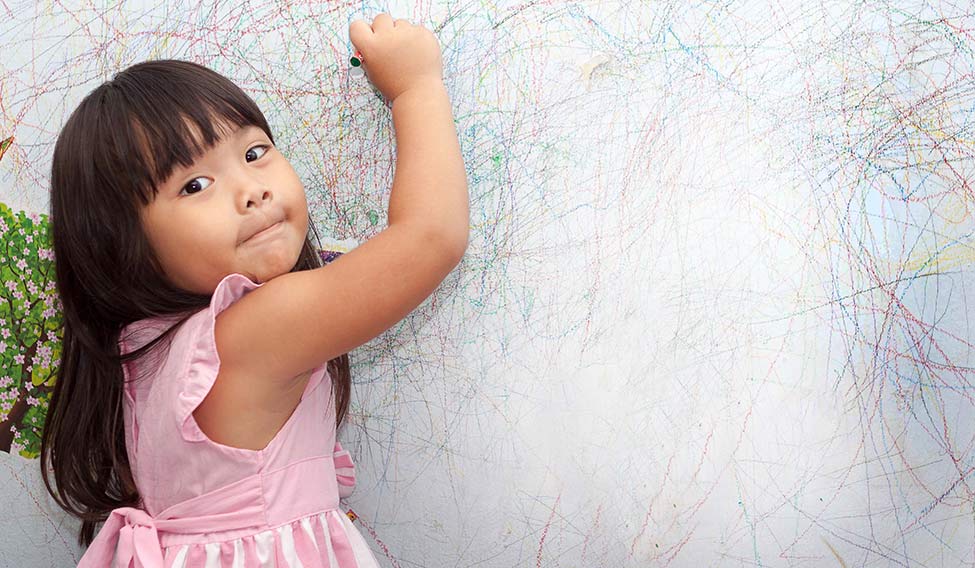Research indicates that children have a more stable emotional fabric when parents spend time playing with them from early on. The warmth that is transmuted at this stage, from parent to child, gets deeply embedded to form pleasant emotional memories. This helps children, even in poverty, to develop better coping skills, which, in turn, directly contribute to their life skills and well-being. Indeed, it leads them to do better at their work, earning them more than those who did not receive as much parental warmth during their early years.
Playing with children, from when they are infants or toddlers, has other significant outcomes as well.
Parents usually tend to hand a toddler a smart phone or an iPad to keep him or her occupied. This is a common occurrence, not just at home but also at public spaces such as restaurants and airports.
While these gadgets have the power to keep them engrossed, children lose out on soaking in their environment as well as on essential social interaction. I have sat often enough at a table where children from as young as 2 till 13 haven’t said a word beyond a cursory hello, while their parents and we have had dinner. Take the gadget away, and the child erupts.
However, this situation may have been inadvertently created. When parents play with children, they begin to understand what excites or engages their child, and also what it takes to relax or soothe him or her. If parents avoid this engaging, either due to stress, or lack of time, or because they think it is unimportant, then they are often at a loss in understanding how to calm their child down. In which case, handing a child a gadget is a quick and easy solution, though not exactly a desirable one.
Apart from dry eyes, headaches, bad posture and other related symptoms, children lose out on understanding and developing necessary interpersonal skills, essential for emotional expression and well-being.
The importance of play as therapy has further come into focus with Hanan Hroub receiving a million dollars along with the Global Teacher Prize, earlier this year. Hroub, a 42-year-old Palestinian junior school teacher, has developed her own method of teaching that emphasises more games—bursting balloons, singing songs, knocking balls to count numbers and such—as part of active learning. She says she sees greater results, not necessarily better grades initially, but better emotional results, through her style of teaching.
Hroub began with this idea after a particularly violent incident left her five children traumatised. They would often wake up screaming at night, and she noticed that they were at their calmest and happiest when engaged in play. She carved out a ‘safe space’ within the house, where they could play games, paint or potter around. At every opportunity, she would stock up on paper, markers, crayons and paints, or whatever else was available.
Today, her youngest child is 18, but her method of teaching continues to influence the children she teaches at school, and their parents. She often searches the internet for games, that she then adapts to better suit the children and context of their culture. She emphasises play as therapy for children, both at home and in class. She has seen it mitigate the effects of violence and trauma, no farther away than her own home.







